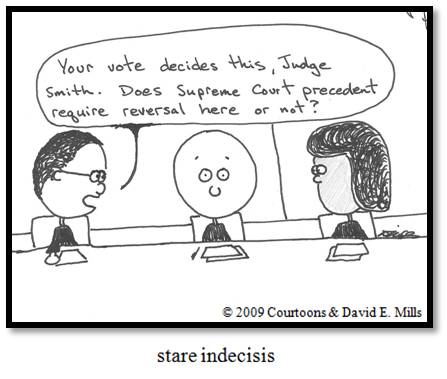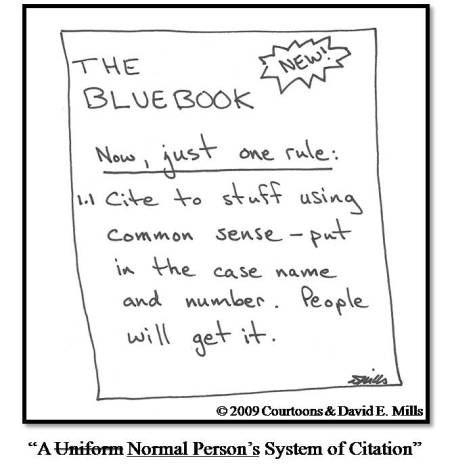Reminder: Rethinking Law – Law Student Colloquium at TCD on Saturday
 Are you a Law student, undergraduate or postgraduate? If so, you should come along to a colloquium in TCD next Saturday, 4 April 2009, from 11:00am, and hear other law students present short papers across the full range of the law. Full information about this exciting event is available here, and attendance is free, but you will need to register by email in advance. Hosted in the School of Law, Trinity College Dublin, the event has been made possible by the generous support of Allen & Overy and Matheson Ormsby Prentice. It’s going to be interesting and lot of fun (and there’s a wine reception at the end). So, what are you waiting for? Send that email now!…
Are you a Law student, undergraduate or postgraduate? If so, you should come along to a colloquium in TCD next Saturday, 4 April 2009, from 11:00am, and hear other law students present short papers across the full range of the law. Full information about this exciting event is available here, and attendance is free, but you will need to register by email in advance. Hosted in the School of Law, Trinity College Dublin, the event has been made possible by the generous support of Allen & Overy and Matheson Ormsby Prentice. It’s going to be interesting and lot of fun (and there’s a wine reception at the end). So, what are you waiting for? Send that email now!…





